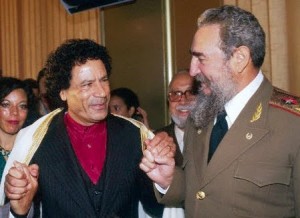Social harmony implies that scientific, technological, economic and cultural rights have a corresponding reflection in social justice, democratization and civil liberties. The absence of this correspondence makes the demands of the past coexist with the present and, therefore, its solution has to be undertaken jointly, which gives a high degree of complexity to the processes of change.
Some essential aspects contained in the Program of the Cuban Revolutionary Party (PRC) are still pending completion. Therefore, the PRC’s 116th anniversary on February 24 is an excellent opportunity to address an issue so vital.
Technical advances introduced in the mills, the replacement of slave labor by employees and the centralization of ownership in large sugar estates in the late nineteenth century, turned Cuba into the first producer of sugar that reached a million tons; in exchange, the economy was subject to a single product and almost entirely to a single market, which generated a structural deformation and unjust redistribution of wealth which was reflected in the plight of workers, poor peasants and freed slaves, a situation which led to the resumption of the revolutionary struggle in 1895.
José Martí, in his analysis of the failure of the Ten Years War, expressed in New York in January 1880, arrived at a set of principles which constitutes the foundation of the theory of revolution: the role of politics, its democratic and participatory character and observation of the time factor, the revolution as a form of evolution and the need to unite the various factors toward the same end; a study that put him in the highest ranks of Cuban politics.
After 12 long years of work, on April 10, 1892 the PRC was declared established simultaneously in all associations, from which would emerge the Republic that he wanted to create. That purpose was defined in the Rules of the Party, “founded in the frank and cordial exercise of the legitimate capacities of man, a new people of sincere democracy, able to overcome, through actual work and balance of social forces , the dangers of sudden freedom in a society made for slavery”[1] so, said the newspaper Patria, “The struggle for independence that today germinates will ultimately lead to independence tomorrow.”[2]
Democratization, freedom, human dignity, present in every speech, article and document prepared by Martí, would constitute the foundations of the Republic.
The Resolutions of November 1891 suggest that the reason for the PRC was the need to join together in republican and free action all the honest revolutionary elements to create a fair and open republic for the good of all. And in the program, known as the Manifesto of Montecristi, it is proclaimed that “War is not… the insane triumph of one Cuban party over another, or the humiliation of even a wrong group of Cubans, but the formal demonstration of the will of a sick country tested in the previous war to throw itself lightly into a conflict that can only end by victory or the grave …” [3]
In his speech on October 10, 1889, he stated: “All of the motherland is the common property, and free and inalienable object of the action and thought of everyone who was born in Cuba. The country is the joy to all, and pain of all, and heaven for all, and no fief or chaplaincy of anyone, and public affairs to which a group or party of Cubans put their hands with the same absolute right that we put them, is not theirs alone, and of privileged ownership, by subtle virtue and contrary to nature, but as ours as well as theirs …”[4]
In the dissertation With all and for the good of all, in 1891, he said: “We close ourselves to the passage of a republic that does not come prepared through means of dignity worthy of man, for the good and prosperity of all Cubans!”[5] In a letter to José Dolores Poyo, dated in December of that year, he said: “It is my dream for every Cuban politician to be entirely free.”[6] Similarly to Maximo Gomez he wrote: “The government of men is the highest mission of human beings, and should only rely on the men who love and understand their nature.”[7] On the same occasion he said: “For if in the things of my country it was given me prefer one good to all others, a fundamental right that all those of the country from top to bottom would enjoy, and without which all other goods would be fallacious and insecure, the one benefit I would want to secure: “I want the first law of our republic to be a tribute of Cubans to the full dignity of man.”[8]
The work organized by the PRC is expressed inside and outside the country. The multiple uprisings that occurred throughout Cuba, despite the failure of the Fernandina Plan, confirm this; in the eastern area alone more than 30 surveys from Guantanamo to Las Tunas were produced, so the Grito de Baire — the Cry of Baire — could, in justice, be called the Grito de Oriente — the Cry of the East.
Now, 116 years after this tremendous effort, due to the absence of democracy, freedom and the dignity of the Cubans, sugar production barely exceeds that of that time, with the difference that instead of one and a half million people now we are almost 12 million; the unfair distribution of wealth became widespread poverty; the land was absorbed almost entirely by the state, which made it impossible to realize Marti’s dream to form a country of many smallholders; the elimination of barriers that prevented the dark-skinned Cubans participate on equal terms is not accompanied by the appropriate affirmative action and the elimination of the debate the issue, discrimination remains in the racial prejudices that breed in the colony; and the desired free and democratic Republic took the form of totalitarianism.
In short, the fundamental reasons why tens of thousands of Cubans took up arms in 1895, for which they fell and/or other infinite sacrifices, are still awaiting realization. To those reasons are joined the demands of modernity. That is, old and new problems that demand joint solutions.Thus, Martí’s ideas that he tried to realize in the late nineteenth century, remain valid in 21st century Cuba.
Havana, 22 February 2011
1 MARTÍ, JOSÉ. Obras Escogidas en tres tomos. TIII, p. 26
2 MARTÍ, JOSÉ. Obras Escogidas en tres tomos. TIII, p.99.
3 MARTÍ, JOSÉ. Obras Escogidas en tres tomos. TIII, p. 511
4 MARTÍ, JOSÉ. Obras Escogidas en tres tomos. TII, p. 367
5 MARTÍ, JOSÉ. Obras Escogidas en tres tomos. TIII, pp. 9-10, 17
6 MARTÍ, JOSÉ. Obras Escogidas en tres tomos. TIII, p. 24-25
7 MARTÍ, JOSÉ. Obras Escogidas en tres tomos. TII, p. 16
8 MARTÍ, JOSÉ. Obras Escogidas en tres tomos. TIII, p. 9
(Article originally appeares in Diario de Cuba, 23 February 2011)
March 1 2011




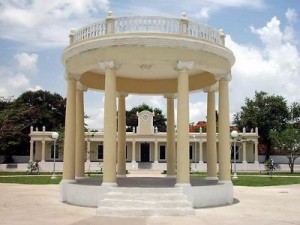
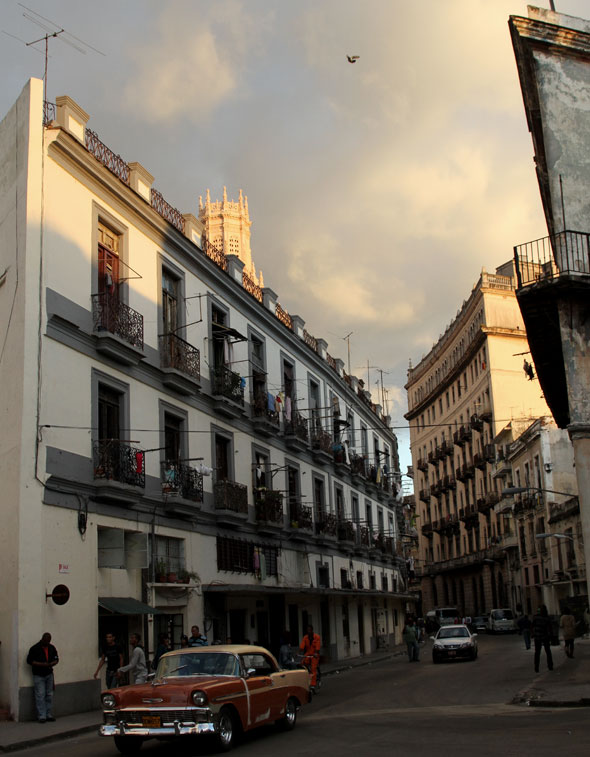
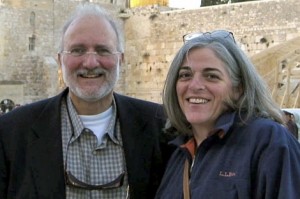 The licensed criminal defense attorney Ramon de la Cruz Ochoa has just made legal news in Cuba as the defense attorney for the American contractor Alan Gross, detained in Havana since a year ago while distributing computers to members of the Jewish community on the island.
The licensed criminal defense attorney Ramon de la Cruz Ochoa has just made legal news in Cuba as the defense attorney for the American contractor Alan Gross, detained in Havana since a year ago while distributing computers to members of the Jewish community on the island.



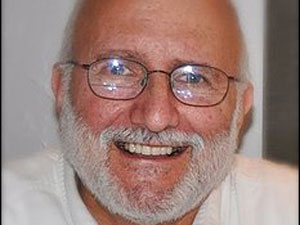 Starting today, Friday March 4, is the trail of Alan Gross, an American subcontractor accused of the crime “Acts against the independence and territorial integrity of the Cuban state.” The prosecutor is requesting a sentence of 20 years in prison.
Starting today, Friday March 4, is the trail of Alan Gross, an American subcontractor accused of the crime “Acts against the independence and territorial integrity of the Cuban state.” The prosecutor is requesting a sentence of 20 years in prison.

